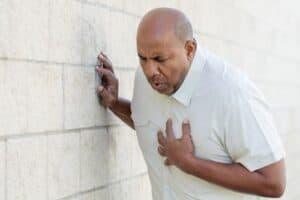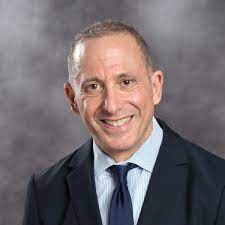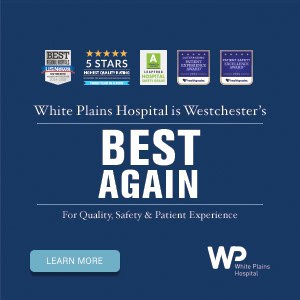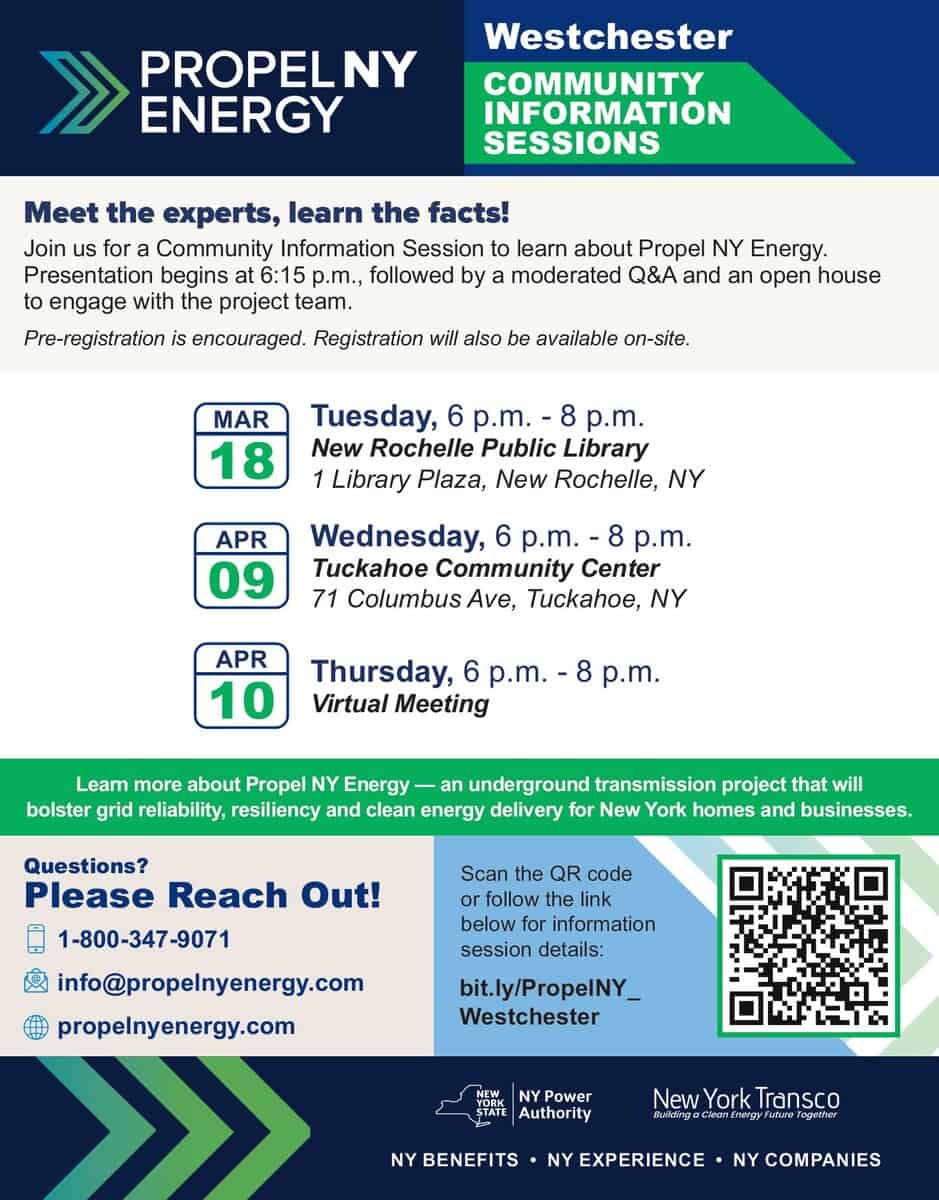Dr. Douglas J. Hart, Cardiology
Suffering a heart attack is frightening. But the situation can be even more distressing if one is alone when the event occurs. Here is what to do if you find yourself in such a situation.
Heart attacks often have warning signs and can present in many different ways. You might feel unusually tired or find that you were getting winded easily during the day, and later that night start to feel vague pressure in the chest, upper arms, neck, jaw or back. It could feel like indigestion that is not improving with usual treatments. On the other hand, you could wake up one morning with a sudden onset of pain in the middle of the chest, moving to the jaw or left arm, as well as nausea and sweating.
No matter the symptoms, if you feel like you may be having a heart attack, call 911 immediately. Do not attempt to drive to the hospital yourself, as your condition could worsen. If an ambulance or other emergency vehicle does not arrive, ask someone else to drive you.
If you are waiting for help to arrive, follow these steps:
- Unlock and open the front door.
- Take 325mg of aspirin (that would be four 81mg baby aspirin tablets, or one adult aspirin
- Contact family or a friend if you can
- Gather your ID, insurance cards and list of medications
- Sit in a comfortable chair near the entrance to your home and take slow, deep, calming breaths
Shoveling Snow? Think Twice
Winter usually means snow, and a lot of people need to shovel their driveway and sidewalk. However, keep in mind that heart attack rates spike after snowstorms. If you have a heart condition or are at high risk for heart disease, you should think twice before going out to shovel snow. The best advice is: just don’t do it.
If you do not exercise regularly, shoveling snow is not a good place to start. Hire a neighborhood kid instead.
If you do not have a heart condition and are in reasonably good physical condition (for example, you can climb two flights of stairs quickly without stopping or feeling winded), you may consider cleaning up the snow in stages. Do a little at a time, stay warm and hydrated, but avoid getting overheated. Keep your cellphone with you.
Most importantly, if you feel discomfort in your chest, sudden shortness of breath, break out into a cold sweat or feel suddenly nauseous or dizzy, stop! Go inside, drink some water and rest. If you do not feel perfectly well within 5 minutes, call 911. If your symptoms do resolve quickly, contact your doctor and arrange for further evaluation. If you are not sure, just call 911.
None of this is meant to be needlessly frightening, but I feel that being educated about heart attacks is better than not knowing what to do – especially if you are alone. Maintaining a healthy lifestyle through diet and exercise (and of course, not smoking) can be essential steps in lowering your risk.
Dr. Douglas J. Hart is Director of Echocardiography at White Plains Hospital. He specializes in cardiovascular disease, echocardiography, and nuclear cardiology. For an appointment, call 914-849-4800.
Health Matters
The original version of this article was published in Health Matters, a White Plains Hospital publication.


